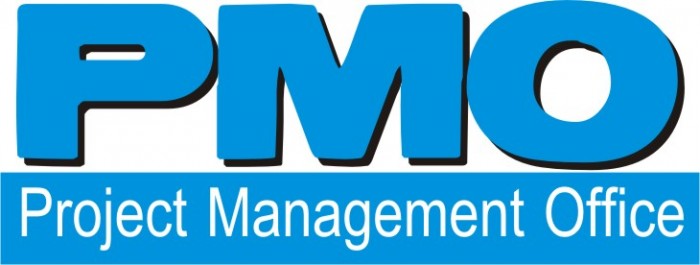First of all what is a PMO?
According to Wikipedia a Project Management Office, abbreviated to PMO, is a group or department within a business, agency or enterprise that defines and maintains standards for project management within the organisation. The PMO strives to standardise and introduce economies of repetition in the execution of projects. It/they should also provide holistic reporting and benefits tracking as well as a holistic view of projects and programs for prioritisation of execution.
Some harsh realities
According to the Standish CHAOS Report (2009), 68% of projects do not meet time/cost/scope targets. Only 32% of projects or programs were completed on time, within budget and delivered measurable business and stakeholder benefits.
There are many reasons for such failures. As per a PWC survey of 1,524 organisations, inadequate project estimating and planning constitutes 30% of project failures, lack of executive sponsorship constitutes 16% and poorly defined goals and objectives constitutes 12%. It also found that using established project management methodologies increased success as measured by a project’s key performance indicators of quality, scope, schedule, budgets and benefits. The survey indicates that operating an established PMO is one of the top three reasons that drive successful project delivery.
Needless to say this is a key function or functions for any organisation that regularly engages in any kind of company or corporate project. One of the reasons is that most organisations have ineffective PMOs because they do not have the authority to enforce corporate polices, governance or compliance making it just a consultative body.
The recommendation that the PMO be set up by the board or senior management directive with publically announced sponsorship from those senior stakeholders and a clear message that they are the project watch keeper. Without that rigor and senior executive buy-in it’s difficult to realise any real benefit and the project teams will stray down separate and ungoverned paths which is a formula for failure both from a time perspective and budget perspective.
The charter or what you should ask of the PMO
- Project support: Provide project management guidance to project managers in business units.
- Project management process/methodology: Develop and implement a consistent and standardised process. (PMP, Prince2, Agile, Waterfall etc.)
- Training: Conduct training programs or engage an external company
- Internal consulting and mentoring: Advise employees about best practices
- Manage, design and control; change management initiatives
- Vendor Management, vendor rules of engagement and vendor code of conduct
- Project communications or supply of a communications officer
- Provide resourcing guidelines and standardised role definitions
- Provide holistic reporting and benefits tracking
- Provide a holistic view or projects and programs for prioritisation of execution
- Enforce cooperated standards and policies across all projects
This sounds like a lot of responsibility and it is but once you have set up the framework for the PMO with a well-defined mission it eventually becomes a “business as usual” practice.
The trick is getting it set up correctly and most importantly have executive buy in and board level sponsorship which is openly communicated and acknowledged company wide.
What to look for in a PMO professional
- Multiple instances of setting up and/or managing a PMO
- Must possess extensive knowledge and expertise in project/program management, portfolio management, systems development methodology
- Team builder and leader
- Brings substantial intellectual property as it pertains to a PMO
- Working knowledge of legal, compliance and legislative issues within the industry sector
- 5-10 years of PMO, project/program management experience
- 5-10 years of equivalent leadership experience
The PMO Manager provides leadership in best practices and is highly customer-focused outward and upward and these are consistent with customer/stakeholder expectations. The PMO Manager must also ensure that the operational issues of the PMO are managed, focusing on the project interface with project leaders, project teams, technology and stakeholder issues.
We would not recommend you appoint this person based on salary or rates. This in fact could be the most significant investment an organisation can make in that it touches and affects every project and/or initiative company wide.
Something to consider
Some organisations simply can’t afford a full time person or persons to create and manage a formal PMO. If that is the case an alternative is to consider a “PMO as a Service” offering. This would give you access to an experienced professional contractor for a few days a week at least to start to get in place the framework, best practices, policies, procedures compliance and guidelines for your projects/programs. If you can at least accomplish this initial development phase you could then retain this professional to maintain the PMO on a weekly or monthly basis to monitor and mentor your internal team. You could also use this professional to source and mentor a potential full time replacement at potentially a lower cost. It is an affordable model that could potentially help you meet your program and project objectives under the professional structure of a formal PMO.
About the author: Ed Jeffers is the founder and Managing Director of the EDGE PLUS Network which is the largest network of Project Managers and Project Management Practitioners and exclusive provider of “PMO as a Service” in Australia with over 1200+ professional members. He can be reached at theNetwork@edgeplus.com.au .


